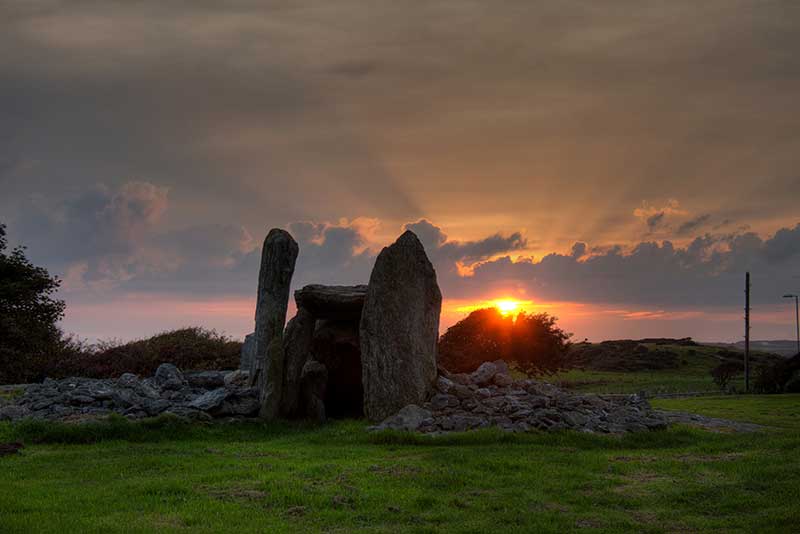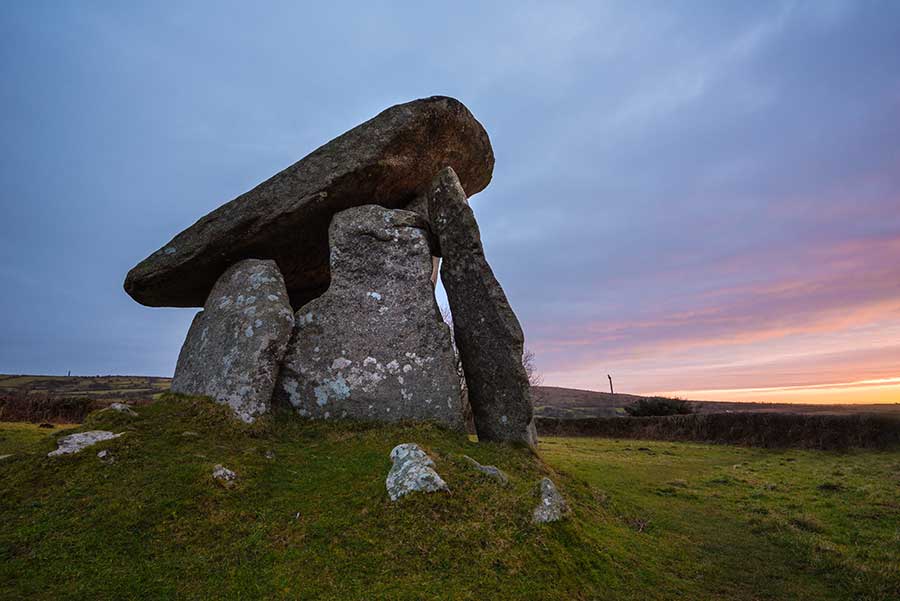THOUGHTS, DREAMS & ACTION

If we’re going to get through the next few years, we need a change of narrative so profound that our entire culture changes direction. We need not just new stories, but a whole new shape to what a story is. And it will start with our writing.
THOUGHTS | DREAMS | ACTION

If we’re going to get through the next few years, we need a change of narrative so profound that our entire culture changes direction. We need not just new stories, but a whole new shape to what a story is. And it will start with our writing.
Mithras and the older gods

It’s that time of year, what my friend John Barratt calls, ‘Mithrastide’: the time of consumerism and consumptionism where affluenza strikes the entire western world promulgated in the name of a child who was never born, in a place that didn’t exist, who grew to be a non-man who preached poverty and compassion and whose followers have spent the past two thousand years feeding instead the god behind the facade with a steady diet of blood, sweat and tears (generally other people’s, but ,if necessary, their own).
Not surprisingly, that god is now rather more powerful than when it was the married god of a small tribe of bronze age goat-herders, and as far as I can tell, its hunger grows by the year. You can tell, by this, that I’m not a great fan of Christmas. I have a theory which says that if you ignore it long enough, it will go away and whereas I’m first to acknowledge that denial is a pretty useless strategy for most of life’s ills, it works really well right about now. If you treat the 25th as a normal working day, on the whole, people will leave you alone, which is probably as good as it gets (though it is, of course, easier to do this if you’re self employed and define your own days, and easiest of all if you’re a writer).
But still, we are who we are: the end result of millennia of evolution, and for almost all of that time, the dark days of the year: the 21st and the days either side of it, have been critical to our spiritual calendar. The passage tombs at Newgrange and elsewhere in Ireland are easily five thousand years old and they are designed such that an intricate – and very exact – light box allows the dawn sun to scan across at and either side of the winter solstice – and at no other time. The inner circle at Stonehenge aligns to the rising sun at the mid-winter solstice. And the birthdays of as many sun gods as you choose to count (Mithra, Attis, Dionysus, Osiris, Horus, Tammuz, Helios, Jupiter, Apollo, Bacchus, Saturn… name a god related to the sun and he or she probably has his birthday at the solstice) are here, now, today.

It is their death day, too; because in the past, we didn’t treat death as an aberration to be avoided, but part of a normal cycle. This is the time when the sun dies and is reborn, a time of quiet, of introspection, of sleep/hibernation/meditation, a time when we can digest the old year and let it teach us, and wait in the darkness for what the newborn sun will bring. It is, in fact, the polar opposite of the binge-fest that modern culture gives us, which makes it rather wonderful that the fourth century hijackers chose the 25th for the birthday of their man-made-god, and not the 21st: today, we can be still, let the turmoil of life settle, and watch the still silence, we can remember what it is to have an empty mind, to be in darkness, not to worry about the light and what we might see in it. Which is the focal point, even today, of many of the mystery religions and the gods they support.
If we assume that gods are created and sustained by the attentions of humanity, then the more we can relate with, give attention to, honour and support the older gods of our own lands, the stronger they become. The stronger they become, the less power has the god of consumerism and affluenza and I cannot but imagine that as a good thing. In a world where megacorporations rule us, where they access our information, where they frack and drill and burn and slash, where they sell us junk we neither need nor want made by men and women and children who are kept docile by the same urge to consume… anything which opposes that has to be worthwhile. We don’t, of course, know exactly how our ancestors related with their gods, what ceremonies they enacted, what prayers they offered, what relationships they formed; but nor do we need to. History tells us who we have been. It can show a model of who we could be, but it doesn’t tell us how to be that.
We each need to find our own way. There is no benefit in endeavouring to recreate a lost past when the gods live now: what matters is that we connect with those who speak to us with authenticity, integrity and safety. That is, without projection, in silence, in darkness, in the stillness of the dark night of the solstice and the time between now and the next new moon – which this year falls on the 1st of January.
So: I set out to write a blog about Mithras, and in an odd kind of a way, this is what it is: I like Mithras a lot. He’s helpful, intelligent, sharp, bright and he is the representation of Truth, which is never a bad thing. You can read how we think that maybe, perhaps those who brought him from Persia enacted his mysteries, but I’m fairly certain that’s of academic interest only: what we do today needs to grow from something far more organic. And it can encompass other gods; very few of the gods are jealous (only one, in my experience, but I’m open to being told there are others) The rest are happy to share and of course there are plenty who are more of this land (wherever you are reading this is ‘this’. Here, under your feet. What are the gods of your here? There will be several.
In the stillness, if you give it time, they will be present) who will help you and me to find ways to be more authentic, to live lives where we can begin to reshape the world away from the ‘see-want-take’ of the recent past. Don’t rush. There are two weeks of dark time as the moon wanes and the sun slows to stillness and begins to speed up again. Take that time to connect. Authenticity. Integrity. Safety. Do it. And see if we can change the patterns of our world.
This post was originally written as part of a blog hop. Below are other posts written by other author-bloggers. If you have time, before the stillness, hop along and see what they have to say about the idiocy (or otherwise) of Mithrastide.
- Helen Hollick : A little light relief concerning those dark reviews! Plus a Giveaway Prize
- Prue Batten : Casting Light….
- Alison Morton Shedding light on the Roman dusk
- Anna Belfrage Let there be light!
- Beth Elliott : Steering by the Stars. Stratford Canning in Constantinople, 1810/12
- Melanie Spiller : Lux Aeterna, the chant of eternal light
- Janet Reedman The Winter Solstice Monuments
- Petrea Burchard : Darkness – how did people of the past cope with the dark?
- Richard Denning : The Darkest Years of the Dark Ages: what do we really know? Plus a Giveaway Prize!
- Pauline Barclay : Shedding Light on a Traditional Pie
- David Ebsworth : Propaganda in the Spanish Civil War
- David Pilling : Greek Fire
- Debbie Young : Fear of the Dark
- Derek Birks : Lies, Damned Lies and … Chronicles
- Mark Patton : Casting Light on Saturnalia
- Tim Hodkinson : Soltice@Newgrange
- Wendy Percival : Ancestors in the Spotlight
- Judy Ridgley : Santa and his elves Plus a Giveaway Prize
- Suzanne McLeod : title to be announced
- Katherine Bone : Admiral Nelson, A Light in Dark Times
- Christina Courtenay : The Darkest Night of the Year
- Edward James : The secret life of Christopher Columbus; Which Way to Paradise?
- Janis Pegrum Smith : Into The Light – A Short Story
- Julian Stockwin : Ghost Ships – Plus a Giveaway Present
- Manda Scott : Dark into Light – Mithras, and the older gods
- Pat Bracewell Anglo-Saxon Art: Splendor in the Dark
- Lucienne Boyce : We will have a fire – 18th Century protests against enclosure
- Nicole Evelina What Lurks Beneath Glastonbury Abbey?
- Sky Purington : How the Celts Cast Light on Current American Christmas Traditions
- Stuart MacAllister (Sir Read A Lot) : The Darkness of Depression
